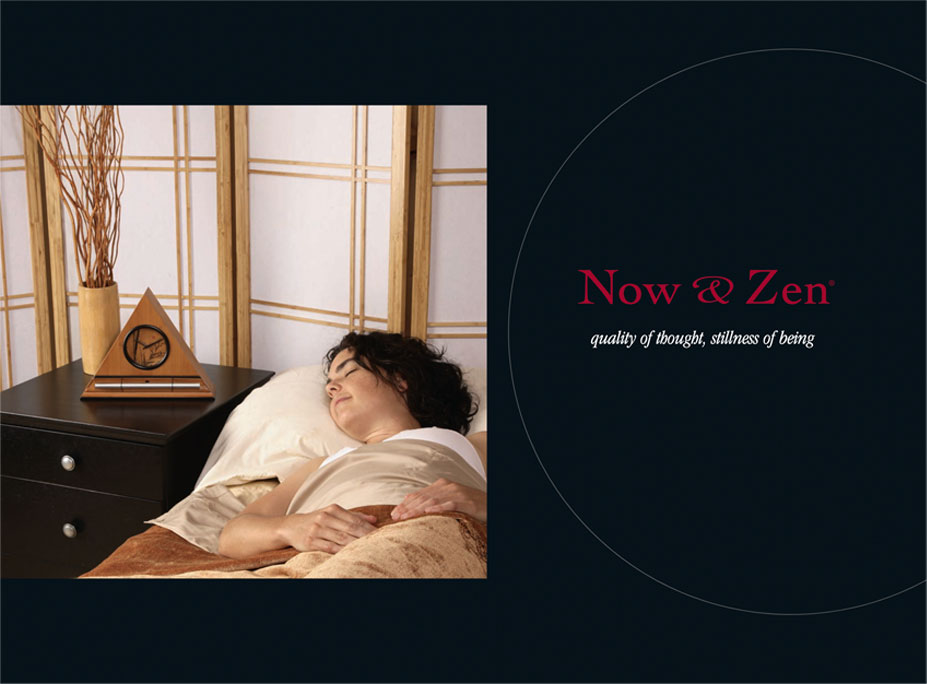As of January 17, 2026 (the 31st anniversary of our founding), we are calling our journey complete. Now & Zen, Inc. is officially out of business. We cannot provide repairs, spare parts, or other forms of customer service because we are no longer in business.
We are deeply grateful to our customers, employees, investors, suppliers, and all of the other stakeholders who shared this journey with us. As a memorial to the beautiful products we designed, manufactured, and sold, our final product catalog from 2012 can be viewed below.

